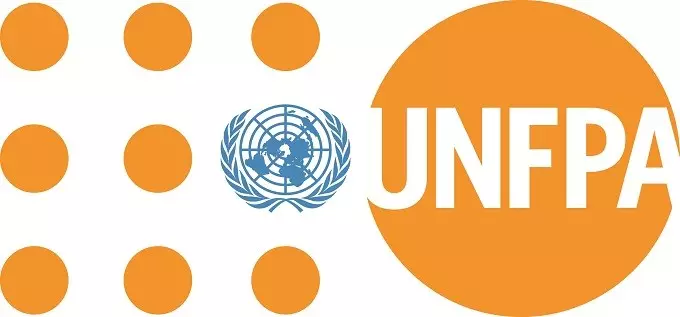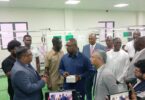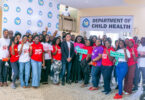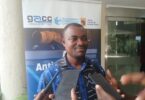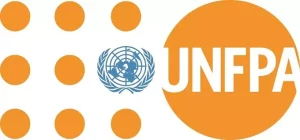
Story by: Ishmael Barfi
As today, 11th July, marks World Population Day, the United Nations Population Fund (UNFPA) joins Governments, Civil Society, Non-governmental Organisations (NGOs) and Youth groups to mark the day.
This year’s commemoration aims to highlight the need to advance gender equality to help realize the dreams of all the 8 billion people on our planet, hence bring attention to pertinent issues faced by people in the world.
This year’s observation is under theme’ “Unleashing the power of gender equality to spur national development”.
Some of the government agencies participating include the National Population Council (NPC), the Regional Institute for Population Studies (RIPS), University of Ghana as well as the Planned Parenthood Association of Ghana (PPAG).
This was disclosed in a press release issued by the United Nations’ sexual and reproductive health agency, UNFPA Ghana.
According to the release, women and girls make up 49.7 percent of the global population, yet their desires for their lives, families and careers are often ignored in discussions on demographics and their rights violated in population policies.
“The result is a world that excludes, marginalises and limits the potential of every other person on the planet – a problem that will prevent all of us, not just women and girls, from experiencing a more prosperous, peaceful and sustainable future”, part of the release indicated.
In this regard, the release reiterated that, “On World Population Day 2023, we highlight the need to advance gender equality to help realise the dreams of all. This starts by listening to the voices of women, girls and other marginalised people and introducing laws and policies that enable them to exert their rights and make meaningful choices”.
The growth of the global population has also been in sync with the increase in Ghana’s population growth from about 24 million people in 2010 to about 32 million people following the first digital population census by the Ghana Statistical Service which UNFPA supported in 2021.
Young people and adolescents account for more than 56% of Ghana’s population and the population of women and girls are far more than 50% of the total population. As a situation, it calls for the Government to invest in their health and education, while providing them opportunities for decent work so that they can contribute to economic growth and overall social development.
Source: www.thenewindependentonline.com


